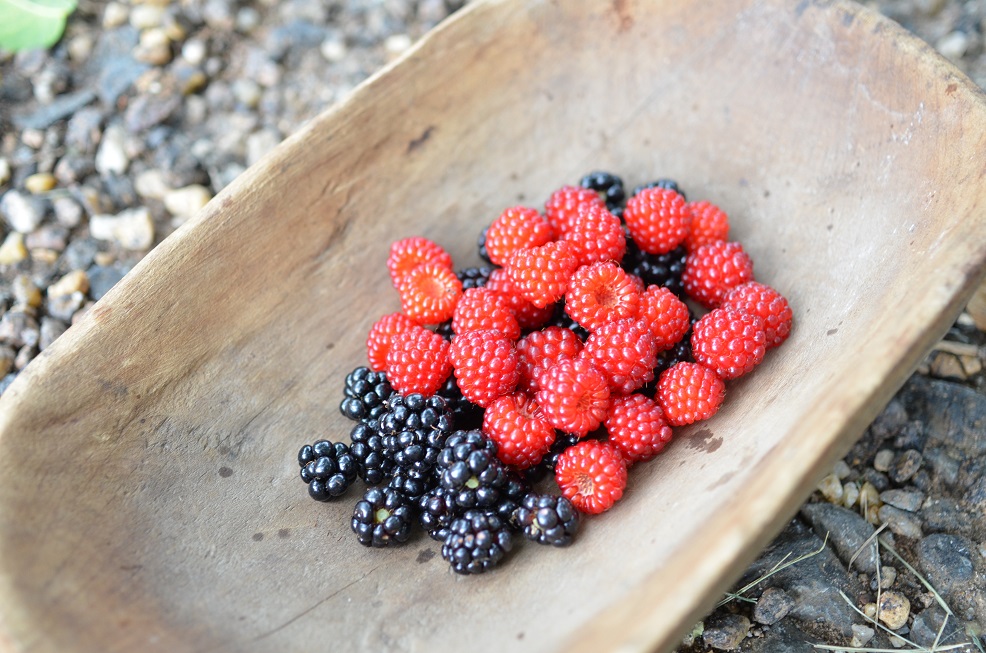The human body comes equipped with dozens of features for survival, many of which kick in automatically when the need arises. There are defenses against hypothermia, blood loss, poisoning and many other scary situations, but few things are as complex as the body’s reactions to a lack of food and water. Here’s how your body fights back when you have to do without.
GO WITHOUT WATER
With our sweating and dilute urine, we are clearly creatures of a water rich origin. This heritage comes back to bite us, however, when we have to go without an adequate water supply. Since the human body is constantly losing water to its environment and through metabolic processes, we are in need of frequent “refueling.” And, when that’s not available, the body takes action to start saving water. Urine becomes darker and more concentrated, and the output diminishes (sometimes greatly).
Our blood thickens and our waste becomes harder and drier. This all comes at a price. Dehydration causes headaches, a lack of strength and energy, constipation, cramps and a host of other symptoms. But this “water saver” mode of operation can save you from death by dehydration. The best way to keep track of your hydration level is to keep track of your water intake and urine output. You should be taking in more than 2 quarts a day, and urinating at least a quart and a half each day. Factor in exertion levels, stress, health, weather, caffeine consumption and other factors, but as long as you are peeing every few hours – your body won’t have to shift into the water thrifty setting.
SKIP SOME MEALS
Fattening restaurant food and an increasingly sedentary lifestyle have taken their toll on the world’s waistbands, though it’s not entirely our own fault. Our bodies are still exhibiting traits they picked up during ancient times, namely the ability to “pork up” during times of plenty. Long ago, a little fat around the middle was our own private and portable famine insurance system. That’s right, the “spare tire” is the body’s mechanism to prepare for the inevitable pattern of feast and famine.
The only problem is that first world countries have virtually eliminated famine, thanks to production farming and globally reaching food chains. Your body is still expecting a failed crop or the lack of game animals that our ancestors experienced on a regular basis. When that doesn’t happen, you just keep ballooning. But as soon as we step back into nature, and waddle away from the all-you-can-eat buffet, something magical happens. The body starts burning fat. Especially when we are in colder air, the body uses its stored calories for fuel at a faster pace.
Even when we have food to eat in the wild, the pounds start melting away. And if no food or inadequate food is available, then the body still knows what to do. It starts burning fat and consuming other tissue. In this catabolic state, the body is essentially eating itself. If adequate water and shelter are available, this process can go on for weeks (or even a couple months, if we were particularly beefy). So bring food with you into the wilderness, and learn how to procure food from the plant and animal kingdoms – but don’t freak out if you miss a few meals, your body knows what to do.
When was the last time you “did without” water or food? Please tell us your story by leaving a comment.
